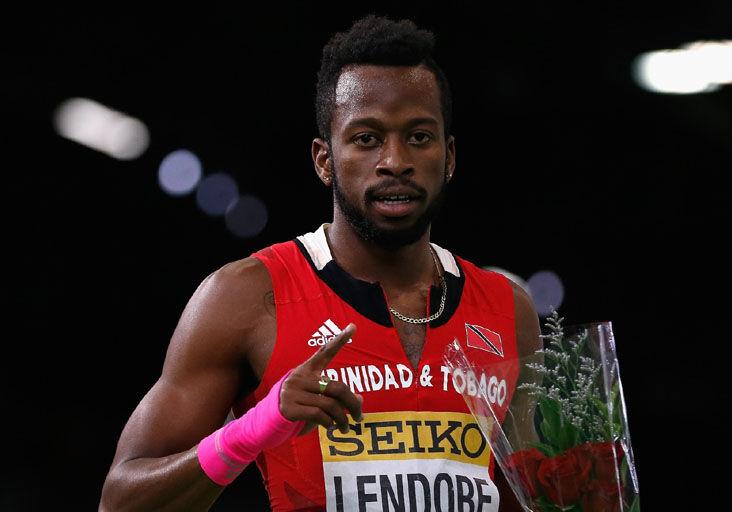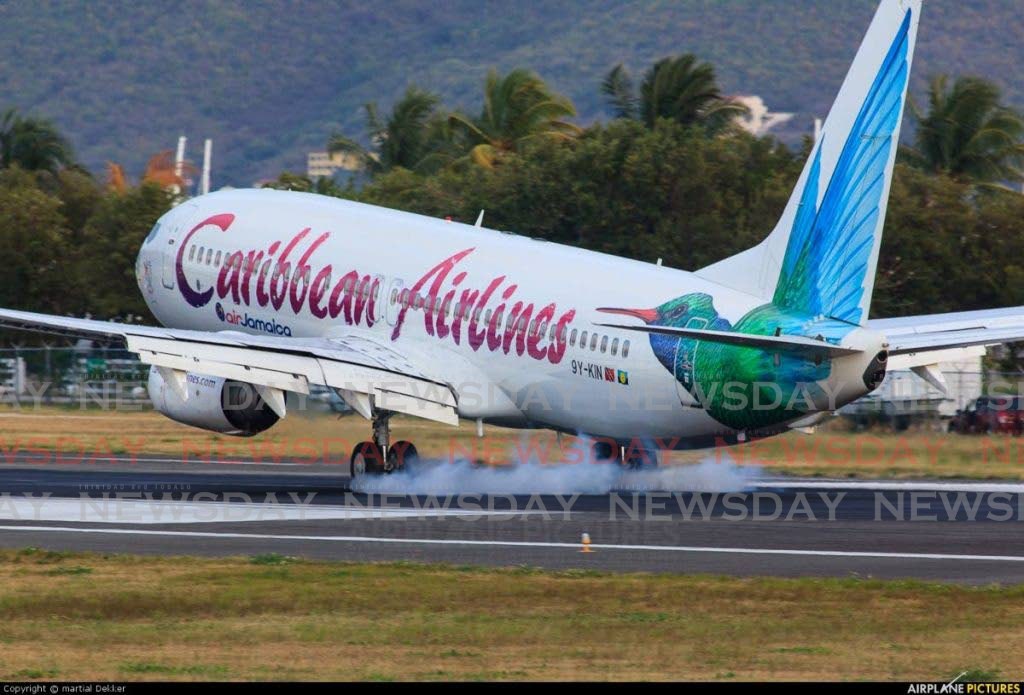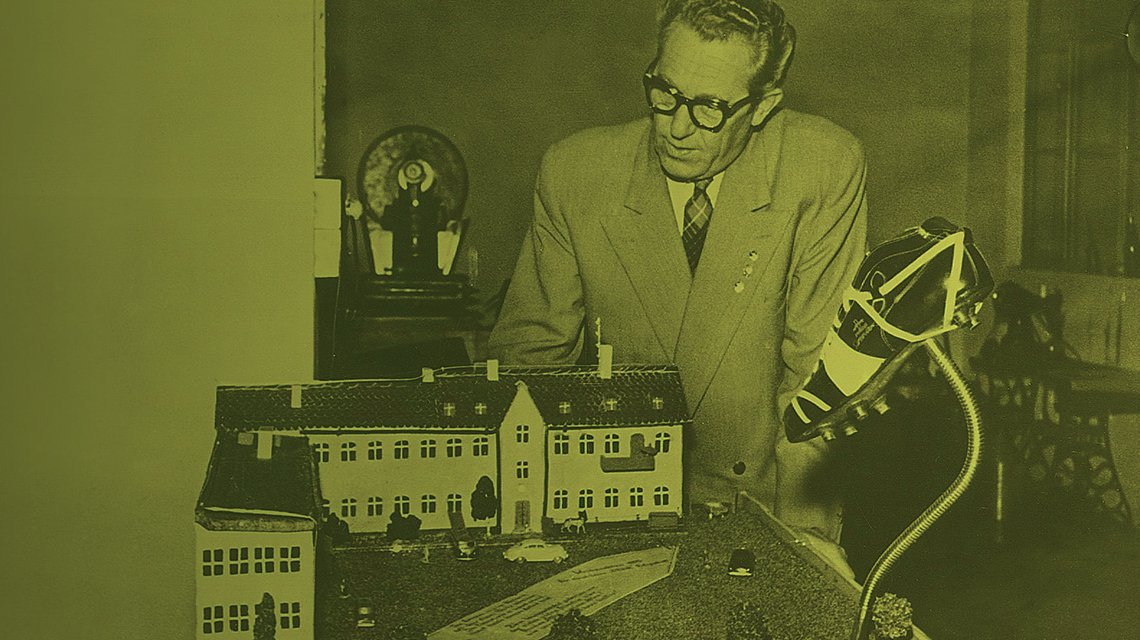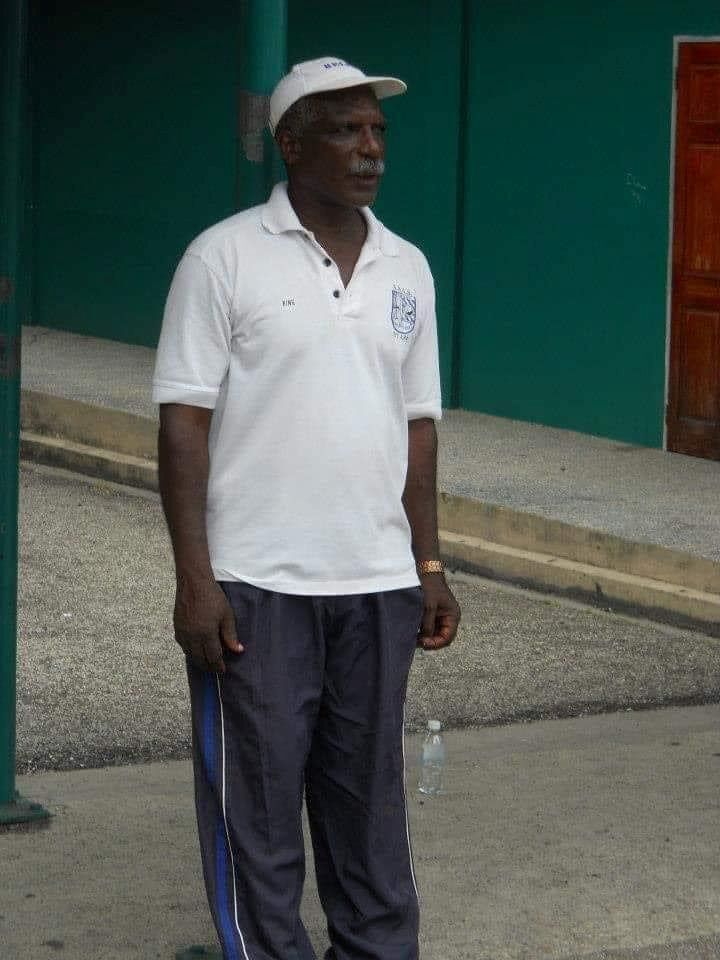Deon Lendore will be laid to rest next Thursday, March 3.
Caribbean Airlines, Qatar Airways in talks on air services
TALKS on an air services agreement between Trinidad and Tobago and Qatar is underway, Caribbean Airlines Ltd (CAL) said on Thursday.
'He knew his demise was imminent'
THE father of activist, Jean Paul Cooper, 29 who was shot and killed by the police at his St Ann’s home on Saturday said he could not comment on how his son died as he was not there but was very proud of him and his stance against, “mandatory vaccines.”
HOW IT ALL BEGAN: THE FOUNDING STORY OF PUMA
Do you know what happened on January 23 in 1948?
Coach Albert King has passed at 71
Former School Teacher and multisports coach Albert King died on Tuesday morning after suffering a heart attack.
SUMMIT ON FEMALE LEADERSHIP IN SPORT 2022
The SIGA Summit on Female Leadership in Sport is back and better than ever before in a new exclusive hybrid format kicking off on International Women’s Day!






